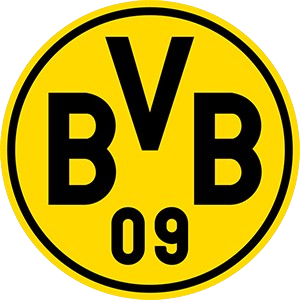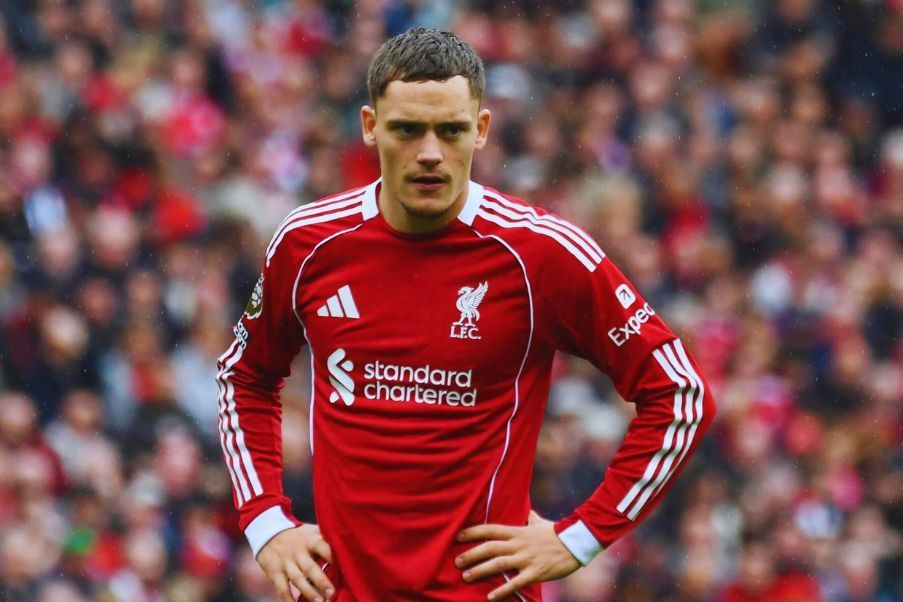The entire sports world will watch the expanded Club World Cup
The 2025 Club World Cup kicks off this Sunday, June 15. It all began with the Intercontinental Cup in 1960.
The beginning was the Intercontinental Cup. Although in reality this is not entirely or completely true. At the dawn of international football, there were several competitions, more or less recognized. Which competed for the honor and weight of emerging as the strongest club in the world. Only the Intercontinental, however, which was born in 1960, is recognized as the creator of the current Club World Cup at that time. And the Club World Cup before, and here not without controversy and disagreements that even led to the winning of two titles at the same time in 2000.
Intercontinental Cup
Let's go back to the championship, a competition that has become increasingly famous with 5 teams holding the record for winning the competition (3):
Real Madrid, Nacional, Boca Juniors, Peñarol and Milan.

Also behind with two cups are Inter and Juventus. The great advantage of the competition has certainly been the maintenance, even in recent years, of a kind of balance in the results between European football and South American football. Just think of the 22 winners of CONMEBOL compared to the 21 of UEFA. Or the fact that the first country in victories is Argentina (9), followed by Italy (7), and then two other foreign federations, Brazil and Uruguay with 6.
The transition to the Club World Cup
Everything changed with the new cup and the new formula. No longer an isolated competition but with all the federations invited to gather to participate.
After a first failed attempt in 2000, an agreement between FIFA and Toyota led to the Club World Cup in 2005. With the victory of Sao Paulo over
Liverpool. A South American success that gave hope but was destined to be considered sporadic, as the CONMEBOL impositions so far will be only four and all Brazilian. As the expansion to the other federations seems ephemeral, all with an empty plate. Instead, 16 victories by UEFA teams, including 5 by Real and 3 by
Barcelona, then 2 by
Bayern and for the first time from the rest of the world, Corinthians.
The competition is divided into two parts: the Intercontinental and the Club World Cup. However, the lack of interest in a competition that has also seen the Intercontinental Cup lose its character of uncertainty in recent years, led FIFA to a radical overhaul of its organization. Not without controversy over the too many matches to be played. Thus begins the era of the new FIFA Intercontinental Cup, modeled after the old World Cup.
As for the Club World Cup itself, the annual rhythm is abolished in favor of a 4-year gap, the 6 teams from 6 federations are abolished in favor of a large-scale tournament with 32 teams from all over the world: here, in this context, Inter and Juventus will chase the first edition, starting from the groups and then aiming for the final through the classic elimination rounds. Of course, where they will reach is difficult to predict since it is true that each one has its own issues. As for the favorites, probably the strongest one is Paris Saint-Germain, who are the European champions without many changes in their team, and then Real Madrid with 3 new faces, their Vasco coach, Xabi Alonso. The international English right-back, Trent Alexander-Arnold, and the young and promising international defender, Dean Hausen... Next up are the others...

Manos Staramopoulos
Journalist and Analyst of International Football and Affairs
Chief Editor English Zone of Discoveryfootball.com
Athens (Greece)














